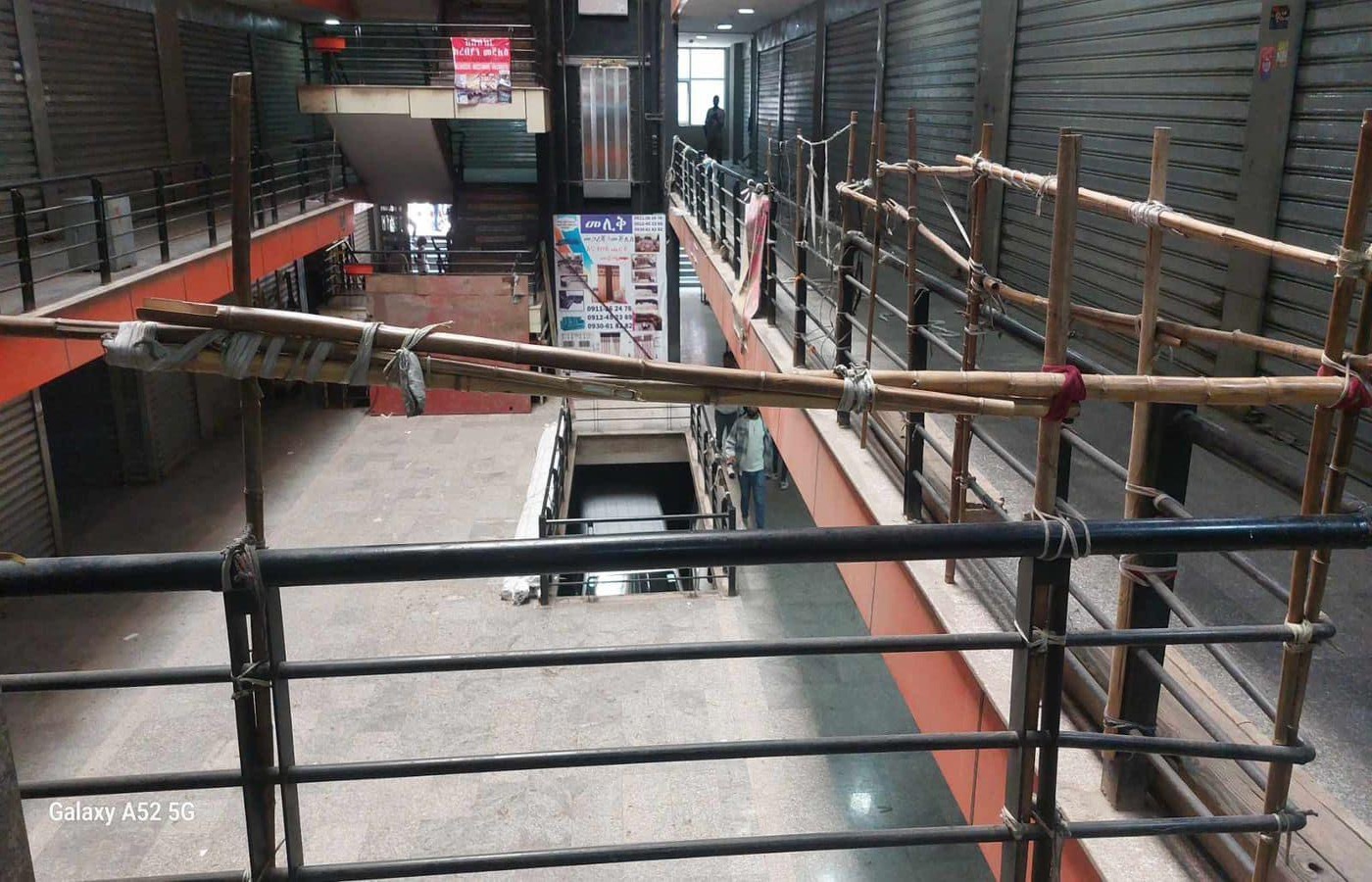Ethiopia has widened the scope of import payments allowed in foreign currency with a franco valuta permit as it tries to manage the fallout from the radical depreciation of the birr over the last two weeks.
The finance ministry instructed customs authorities to allow more goods to clear ports using so-called Franco Valuta transactions, in addition to the traditional letter of credit system that relies on the local currency, according to the letter shared by the ministry.
Only vehicles, weapons and intelligence gear would be excluded, the same source added.
The move aligns with new guidelines from the central bank enabling greater use of the hard-currency clearance option after the birr plunged about 90 percent in the wake of the currency’s controversial floating on July 29.
Under Franco Valuta, traders pay import costs directly in dollars, euros or other foreign exchange rather than solely being dependent on LC.
The aim is to encourage importers to bring in more critical goods to stabilize commodity markets roiled by the currency float and double-digit inflation. But customs officials fear looser oversight on hard-currency transactions also risks facilitating illicit flows.
Regulators at customs are now working to strengthen compliance checks even as they grant more flexibility on Franco Valuta, sources said.
The high-stakes shift to a free float was part of efforts by Prime Minister Abiy Ahmed’s government to liberalize Africa’s fastest-growing economy. But it’s feared to have deepened hardships as the Horn of Africa nation contends with foreign exchange shortages, supply gaps, drought and conflict.





